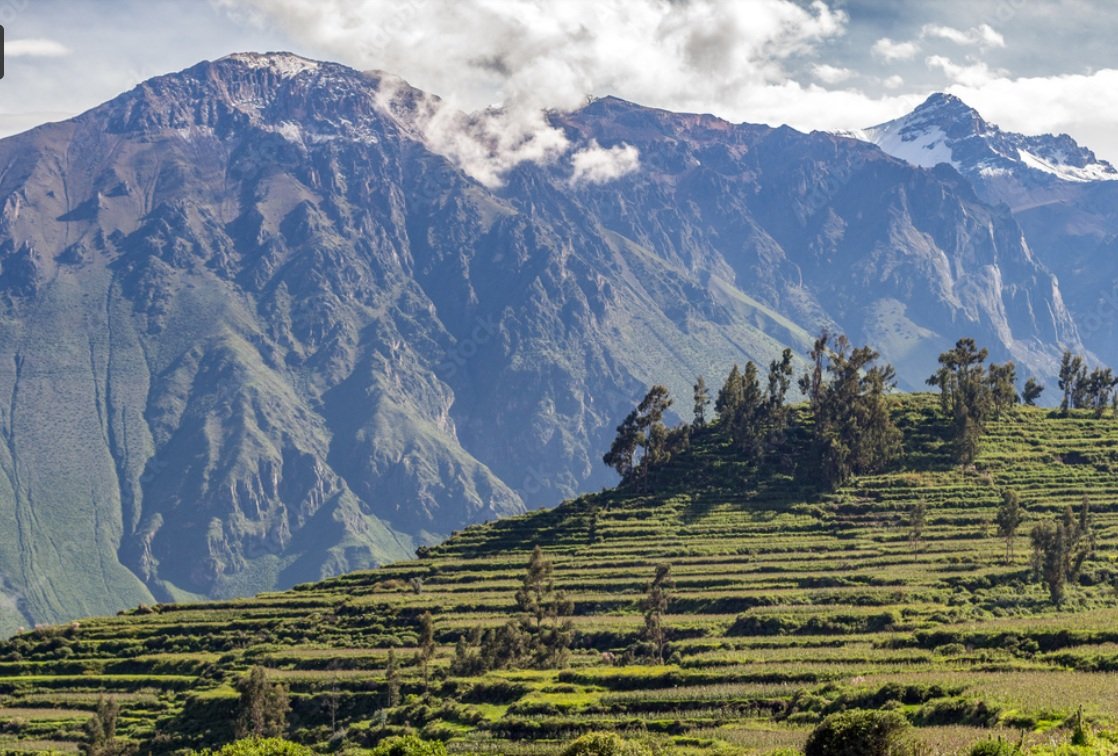Our Story
Enhancing Health with Alternative Plants like Quinoa, Cassava, Coconut and Plantains.
For years, PJ’s wife Jan has battled Hashimoto’s disease, a common autoimmune disorder that damages the thyroid and forces her to avoid gluten. Dietary restriction limited Jan to a small selection of rice and corn based products from the supermarket's gluten-free section. But everything changed when PJ visited his best friend Guido in Quito, Ecuador.
PJ and Guido first met as freshmen at Lehigh University in 1985, forming a bond that has lasted a lifetime. During a visit to Ecuador, PJ opened up to Guido about Jan’s difficulties with processed American foods. Guido introduced PJ to an indigenous diet was vastly different from the starch heavy, corn and wheat based diet common in the United States. Instead, Ecuadorians enjoy a rich variety of starches from foods like quinoa, green bananas, plantains, avocado, coconut and cassava (yuca). These aren’t seen as inferior alternatives relegated to a special aisle—they’re everyday staples that support a healthy and diverse diet.
Inspired, PJ and Guido realized that this food diversity could not only help Jan but also revolutionize diets in the U.S. By introducing these unique, gluten free foods to the market, they could help diversify starch sources, promote the consumption of complex carbohydrates, and offer new tastes and textures. Their mission is to bring this nutritional variety to the U.S., expanding beyond the familiar confines of corn and wheat.
Join us on this exciting journey of food innovation as we introduce these unique, healthy foods to the U.S. market.
Our products
Our innovation is rooted in the exploration of Latin American ingredients. We offer a range of snacks, crackers, cereals, pancake mixes and oils made from quinoa, cassava (yuca), plantain, coconut and avocado —ingredients that appeal to the mass market. Our products are not only healthier and gluten free but also packed with antioxidants and complex carbohydrates. They’ve gained popularity across Latin America, not just for their nutritional benefits, but because they taste amazing.
Our cassava chips and cauliflower puffs are perfect additions to any child's packed lunch, while our cassava crackers are destined to become a staple on charcuterie boards. And with our quinoa crunch cereal and pancake mix made from banana and coconut flours, we’re set to revolutionize the American breakfast!
Political, Social and Economic Connections Across Ecuador!
Co-founder Guido Chiriboga has extensive political, social, and economic ties across Ecuador. A respected senator and leader of former President Guillermo Lasso’s CREO Party, Guido has built a network that reaches deep into the country’s fabric. His father served twice as governor of Guayas, Ecuador’s most productive region. Guido's connections—through family, friends, and business associates—span the entire nation, covering every industry and government agency. This network grants Galapagos Foods unmatched access to suppliers and facilitates strong cooperation with government officials.
Committed to Inflation Reduction
Americans are facing significant challenges as food prices have surged by over 20% in the last four years. While the reasons behind these increases are complex, retailers often find themselves blamed by both politicians and consumers. At Galapagos Foods, we are dedicated to helping reduce costs for U.S. consumers. By leveraging Ecuador’s efficient production capabilities and expanding the supply chain, we can offer more affordable products. Ecuador’s lower production costs enable us to pass these savings directly to your customers. As a small, minority-owned business, Galapagos Foods maintains low operational costs, allowing us to deliver high-quality products at competitive prices.
The Emergence of Trade with Ecuador
Ecuador has long been a significant trading partner with the United States, with nearly $9 billion in U.S. imports. The country supplies key commodities such as oil, crustaceans, cut flowers, cocoa, and bananas. However, three factors are driving an increase in trade for packaged goods: a growing middle class, dollarization, and the extension of the Andean Trade Preference Act (ATPA). Over the past decade, millions of Ecuadorians have entered the middle class, fueling rapid modernization and economic development. As the only dollarized country in South America, Ecuador enjoys a stable economy with no exchange rate risk in U.S. trade. Additionally, as a signatory of the Andean Trade Preference Act, Ecuador benefits from highly favorable tariffs when exporting goods to the U.S. These factors collectively make Ecuador a strong, stable, and growing trade partner for the United States.



